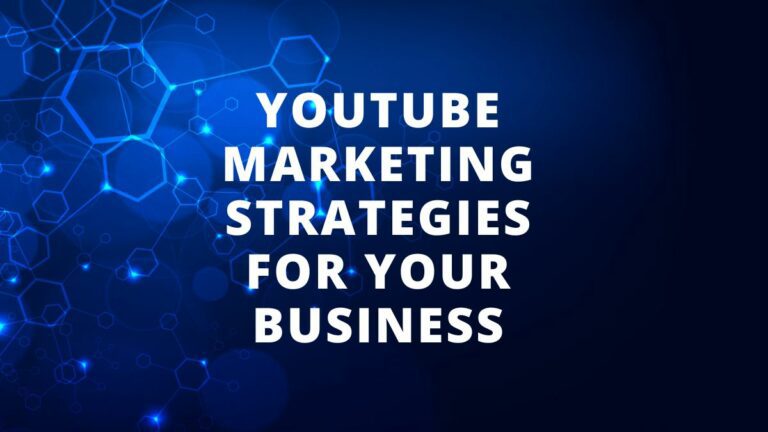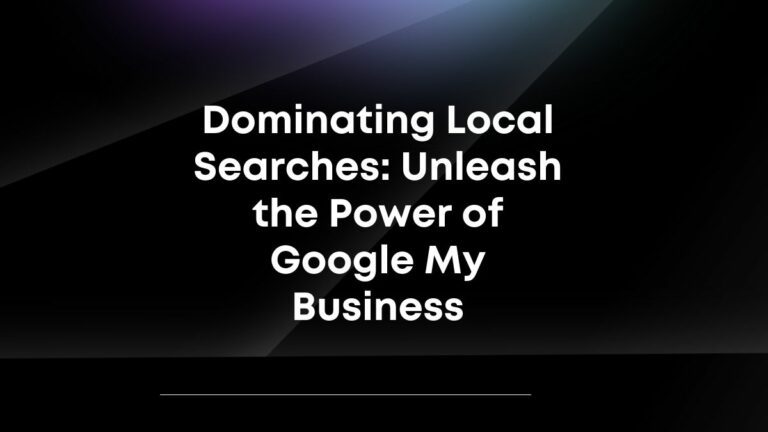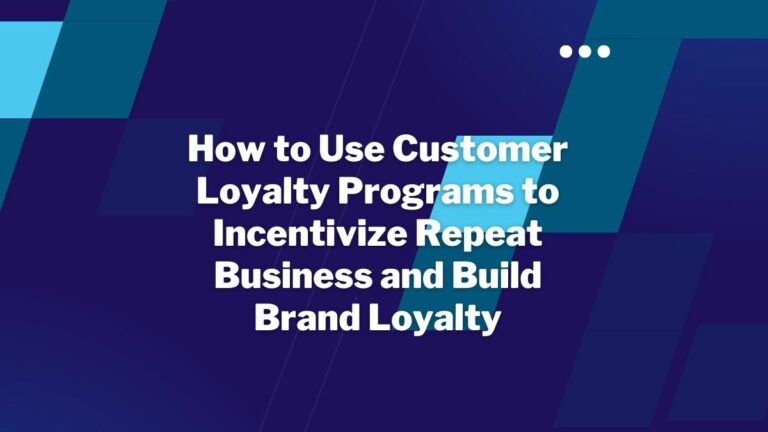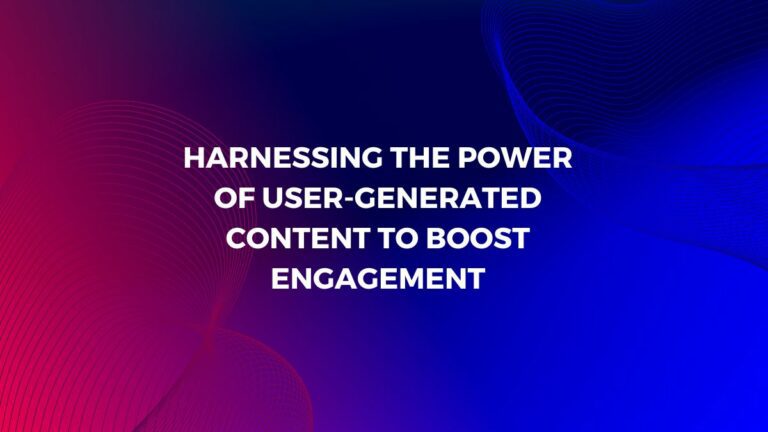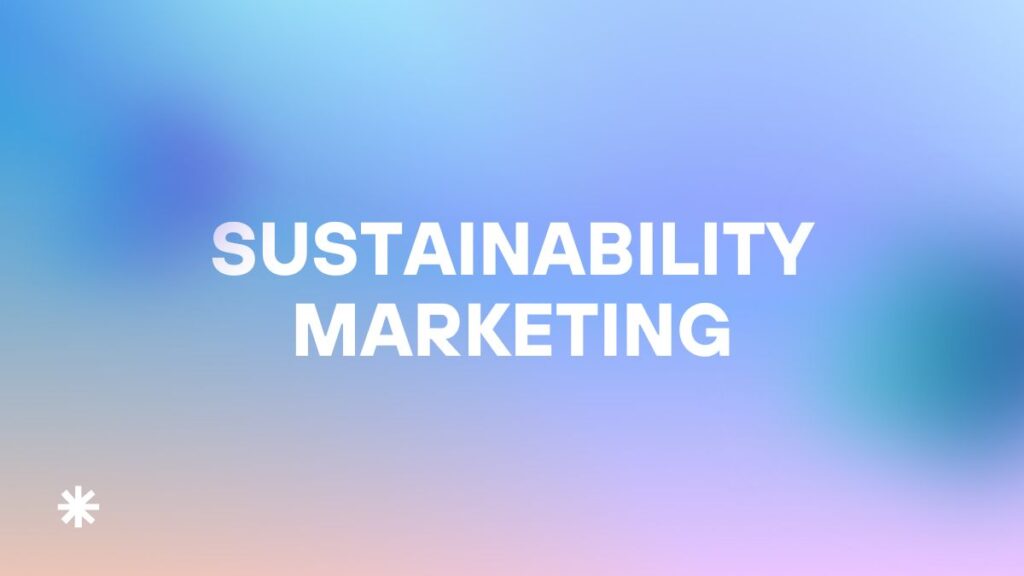
Sustainability Marketing
Sustainability isn’t just a corporate buzzword anymore—it’s what customers expect. More than ever, people choose brands that commit to eco-friendly practices, ethical sourcing, and waste reduction.
A recent survey found that 66% of consumers are willing to pay more for sustainable products, with even higher numbers among younger generations. But with this rising demand comes a challenge: authenticity.
Consumers can spot greenwashing from a mile away. If a brand exaggerates or misrepresents its sustainability efforts, it risks losing trust, facing public backlash, and even legal trouble.
So how do brands build sustainability marketing strategies that mean something? Let’s break it down
Why Sustainability Marketing Matters More Than Ever
Sustainability isn’t just good for the planet—it’s good for business. Here’s why:
Consumers Are Making Value-Driven Purchases
Shoppers today don’t just care about price and quality. They’re asking:
- Is this product made with sustainable materials?
- Does this company treat workers fairly?
- Does this brand align with my values?
Customers will take their money elsewhere if a brand can’t answer these questions.
Regulations Are Raising the Bar
Governments worldwide are cracking down on unsustainable practices. Policies like bans on single-use plastics, carbon emissions reporting, and stricter waste management laws are changing how businesses operate.
Companies that take sustainability seriously won’t have to scramble to comply later.
Sustainability Builds Brand Loyalty
People want to support brands that align with their values. When companies commit to sustainability, they attract and retain customers.
Businesses that integrate real sustainability efforts into their strategy see:
- Higher customer retention
- Increased brand trust
- More word-of-mouth referrals
The bottom line? Sustainability isn’t a nice-to-have—it’s a necessity.
The Risks of Greenwashing: Why Authenticity Is Essential

Jumping on the sustainability bandwagon without real action is a fast track to losing credibility.
What Greenwashing Looks Like
- Using vague claims like “eco-friendly” without proof
- Promoting one small green initiative while ignoring bigger environmental impacts
- Designing packaging with leaves and nature imagery but not using sustainable materials
Greenwashing doesn’t just lead to bad press—it can bring lawsuits, regulatory fines, and long-term reputation damage.
The solution? Be transparent, specific, and honest. Here’s how.
How to Build an Authentic Sustainability Marketing Strategy
1. Start With Real, Measurable Actions
Before marketing sustainability efforts, businesses need to take action. That means:
- Reducing carbon emissions—and tracking the data
- Using responsibly sourced or recycled materials
- Improving supply chain transparency
- Setting clear, measurable sustainability goals
Patagonia and Unilever lead by example, incorporating sustainability into their business models, not just their marketing campaigns.
2. Be Transparent and Specific
Consumers don’t just want promises—they want proof. Instead of saying:
🚫 “Our packaging is eco-friendly.”
✅ “We’ve reduced plastic packaging by 60% since 2021 and are on track to make it 100% biodegradable by 2025.”
Nike’s Move to Zero campaign is a great example. The company publishes annual reports, outlines sustainability goals, and shares accurate data—not just marketing slogans.
3. Educate, Don’t Just Promote
Sustainability marketing isn’t just about telling customers what you’re doing—it’s about empowering them to make better choices.
Ways to educate your audience:
- Share tips on reducing carbon footprints at home
- Explain why sustainable sourcing matters
- Show behind-the-scenes efforts to cut waste and emissions
IKEA does this well. Instead of just selling eco-friendly products, it offers guides on sustainable living, making customers feel like they’re part of the movement.
4. Partner With Trusted Organizations
Third-party certifications give credibility to sustainability claims. Consumers trust independent verification more than a company’s messaging.
Some respected certifications include:
- Fair Trade Certified (ethical sourcing)
- B Corp Certification (corporate social responsibility)
- 1% for the Planet (environmental impact initiatives)
Ben & Jerry’s and Allbirds use certifications to reinforce their commitment to sustainability.
5. Get Customers Involved
Sustainability marketing works best when customers feel like they’re making a difference too.
Ways to engage consumers:
- Offer trade-in or recycling programs (like Levi’s denim recycling initiative)
- Give discounts for using reusable packaging (e.g., Starbucks’ refillable cup discount)
- Feature real customers in sustainability campaigns to show how small actions add up
When brands make sustainability interactive, they create stronger customer connections.
Brands Doing Sustainability in Marketing
Patagonia: Leading With Purpose
Patagonia’s sustainability efforts go beyond marketing. From pledging 1% of sales to environmental causes to encouraging customers to repair instead of replace, sustainability is part of their DNA.
Allbirds: Radical Transparency
Every Allbirds product has a carbon footprint label, giving customers precise environmental impact data. This level of honesty builds trust.
Unilever: Sustainability at Scale
Unilever is on track to make all plastic packaging recyclable, reusable, or compostable by 2025. They’re proving that sustainability isn’t just for small brands—it’s possible at a global scale.

Where Sustainable Marketing is Headed
Sustainability marketing is evolving. The next wave of change will focus on:
- Data-Driven Transparency – AI and blockchain will allow companies to track and showcase sustainability efforts in real-time.
- Regenerative Business Models—Some brands move beyond sustainability to actively restore the environment (e.g., through reforestation projects or carbon-negative production).
- Consumer-Led Accountability – Customers demand accurate data and proof, not just vague claims.
Brands that treat sustainability as a long-term strategy—not just a PR move—will thrive..

Why AR is a Good Marketing Strategy in 2025
Sustainability marketing isn’t just about staying on trend. It’s about building a brand people trust.
Companies that commit to real environmental action, set measurable goals, and involve their customers will develop stronger relationships, long-term credibility, and meaningful impact.
Digital Results would be happy to help you with your digital marketing needs. Get in touch for a free 30-minute consultation—one of our experts will walk through how we can help optimize your search engine optimization (SEO).
Ready to Grow Your Search Engine Results?
Let Digital Results assist you in your SEO strategy and help
deliver the search engine results you need.

